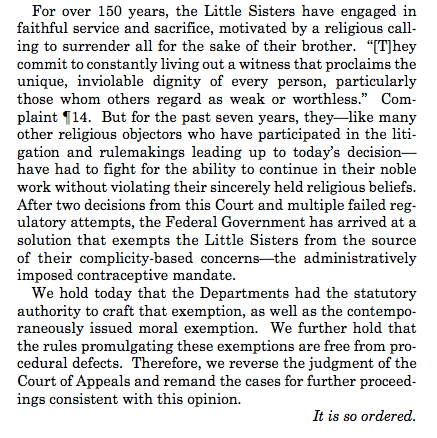
There was A LOT of Supreme Court News yesterday: Trump financial records, election-related litigation, the census case, new cert grants, AND oral arguments in two cases. 😅
Let's catch you up.
Let's catch you up.
Trump returned to SCOTUS Tuesday to ask the court to block a NY grand jury subpoena for his financial records. The case is back after SCOTUS ruled in July that the president wasn't absolutely immune but could make additional arguments. By @ahoweblogger scotusblog.com/2020/10/trump-…
SCOTUS handed the Trump administration a win yesterday when the court granted its request to stop the census count. The admin said it needed to discontinue the count to be able to process the census data and meet a key statutory deadline. By @jamesromoser
scotusblog.com/2020/10/suprem…
scotusblog.com/2020/10/suprem…
SCOTUS granted 3 cases Tues. about the constitutional status of administrative patent judges. SCOTUS denied several cases including one about Section 230 (internet platform immunity). Thomas wrote to agree with the denial but suggest future consideration. scotusblog.com/2020/10/suprem…
• • •
Missing some Tweet in this thread? You can try to
force a refresh



